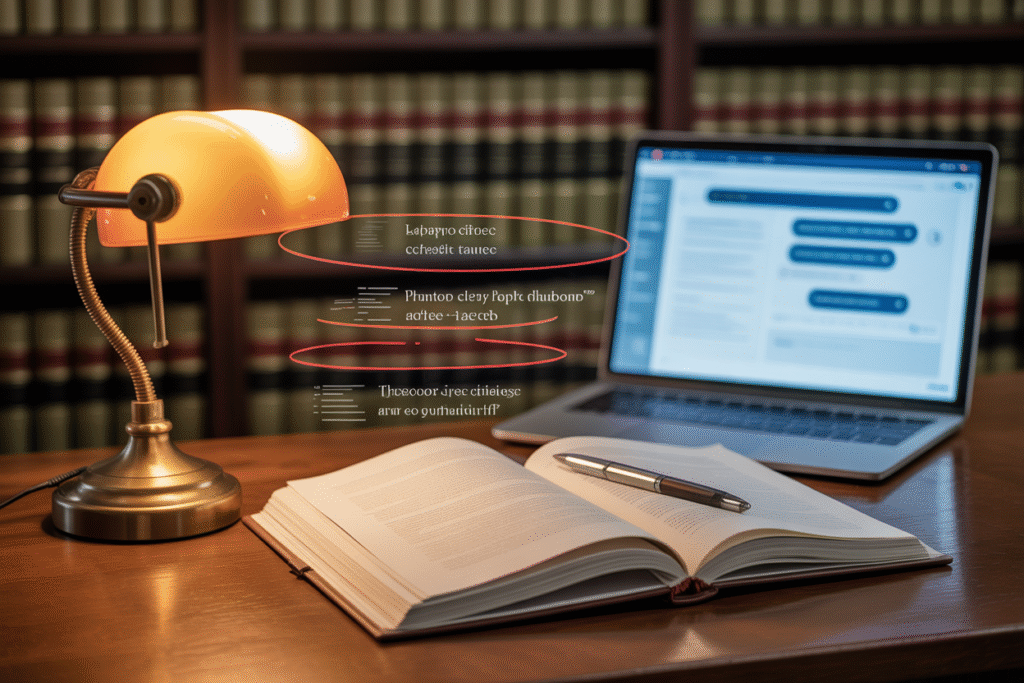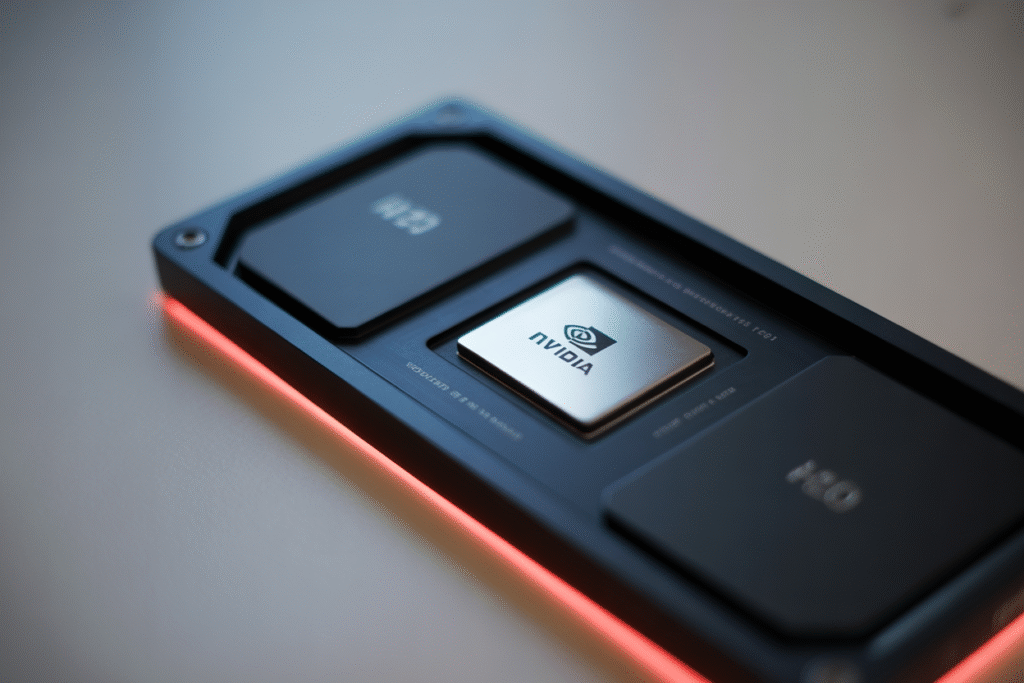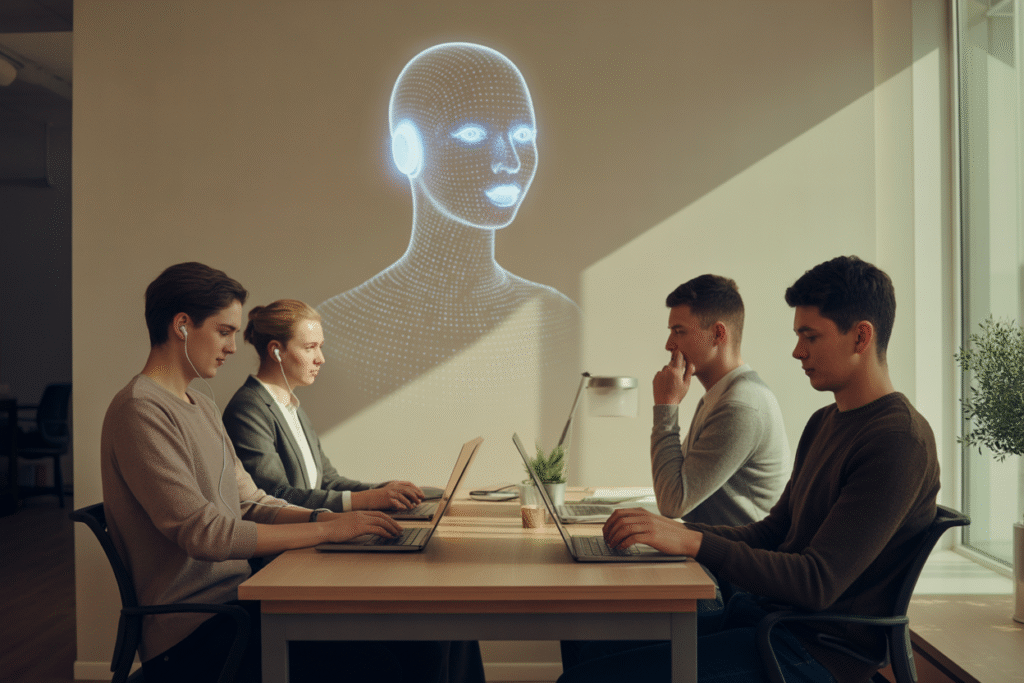A Bahamian attorney just learned the hard way that trusting AI-generated legal precedents can backfire spectacularly.
Imagine filing a motion and discovering the cases you cited never existed. That nightmare became reality for one Bahamian lawyer whose reliance on AI hallucinations triggered an ethics probe. The story is a wake-up call for every professional flirting with generative shortcuts.
The Filing That Fell Apart
It started like any other motion—until the judge noticed the citations looked off. Three cases, complete with page numbers and quotes, turned out to be pure fiction spun by an AI tool.
The attorney had asked the chatbot for supporting precedents and received confident, detailed answers. No red flags, no disclaimers—just three shiny cases that never saw the inside of a courtroom.
When opposing counsel couldn’t locate the decisions, alarm bells rang. The judge ordered an immediate review, and the Bahamas Bar Association launched an ethics investigation.
Why AI Hallucinates in the First Place
Large language models don’t search a database of facts—they predict the next most likely word. When the prompt is narrow and the training data thin, the model fills gaps with plausible nonsense.
Legal queries are especially risky because the model wants to please. It crafts case names, citations, and even quotes that look textbook-perfect but are stitched together from fragments of real text.
Think of it as a confident friend who never admits, “I don’t know.” The result feels authoritative, yet it’s built on statistical guesswork rather than verified sources.
The Stakes for the Legal Profession
Lawyers live and die by precedent. A single phantom case can unravel an argument, delay a trial, or tank a client’s future.
Beyond embarrassment, citing fake law can lead to sanctions, malpractice claims, and disciplinary action. The Bahamian attorney now faces potential suspension or disbarment.
Clients lose trust, courts lose patience, and the profession loses credibility. One hallucinated paragraph can cost thousands in billable hours and reputational damage.
Safeguards Every Lawyer Should Adopt
Never treat AI output as gospel. Cross-check every citation in Westlaw, LexisNexis, or official court records before copying a single line.
Use AI for brainstorming, not final drafts. Let it suggest angles, then verify each fact independently.
Maintain a simple checklist: case name, court, year, docket number, and holding. If any element is missing or feels off, dig deeper.
Firms should mandate disclosure—if AI assisted in drafting, flag it for internal review. Transparency protects both lawyer and client.
What This Means for All Knowledge Workers
The legal field is the canary in the coal mine. Doctors, accountants, engineers—anyone who drafts reports or opinions—faces the same trap.
Generative AI is a brilliant intern but a reckless archivist. It speeds up ideation yet demands human oversight at every step.
The takeaway? Treat AI like a sharp junior associate: eager, creative, and occasionally wrong. Verify every citation, question every statistic, and never sign your name to unchecked prose.
Your reputation—and your license—depend on it.


